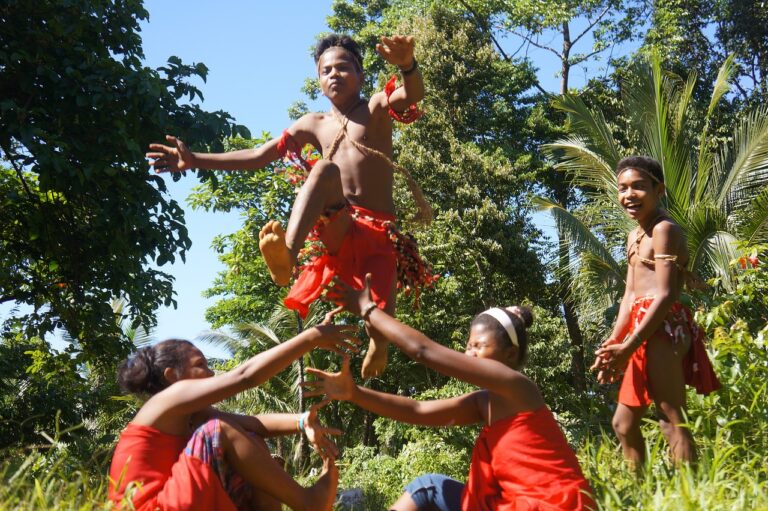Music Venues and Indigenous Rights: Advocacy and Environmental Justice: 99 exchange login, Laser 247 deposit number, Yolo247 apk login
99 exchange login, laser 247 deposit number, yolo247 apk login: Music venues play a significant role in promoting culture and art, but often indigenous rights and environmental justice are overlooked in this industry. It’s crucial to highlight the advocacy efforts needed to address these issues and work towards a more inclusive and sustainable future.
Indigenous Rights in Music Venues
When it comes to music venues, indigenous rights often take a backseat. Many venues are located on indigenous land without proper consultation or consent from the local communities. This lack of respect for indigenous rights can perpetuate a cycle of marginalization and discrimination.
Advocacy for Indigenous Rights
Advocacy for indigenous rights in music venues involves raising awareness about the importance of respecting indigenous land and communities. This includes promoting collaboration with indigenous artists, hosting events that celebrate indigenous culture, and ensuring that venues operate in a way that is sustainable and respectful of indigenous rights.
Environmental Justice in Music Venues
Music venues have a significant impact on the environment, from energy consumption to waste production. As the global climate crisis escalates, it’s essential for music venues to prioritize environmental justice and adopt sustainable practices to reduce their carbon footprint.
Advocacy for Environmental Justice
Advocacy for environmental justice in music venues involves promoting sustainable practices such as using renewable energy sources, reducing single-use plastics, and implementing waste management strategies. By taking steps to minimize their environmental impact, music venues can contribute to a more sustainable future for all.
Social Responsibility and Community Engagement
Music venues have a unique opportunity to engage with their communities and promote social responsibility. By prioritizing indigenous rights and environmental justice, venues can demonstrate their commitment to creating a more inclusive and sustainable world for all.
Continued Advocacy and Collaboration
Advocating for indigenous rights and environmental justice in music venues requires ongoing effort and collaboration. By working together with indigenous communities, environmental organizations, and industry stakeholders, we can create positive change and build a more equitable and sustainable music industry.
FAQs
1. How can music venues support indigenous rights?
Music venues can support indigenous rights by collaborating with indigenous artists, promoting indigenous culture, and ensuring that their operations are respectful of indigenous land and communities.
2. What are some examples of sustainable practices for music venues?
Some examples of sustainable practices for music venues include using renewable energy sources, reducing waste production, and implementing recycling and composting programs.
3. How can individuals advocate for indigenous rights and environmental justice in the music industry?
Individuals can advocate for indigenous rights and environmental justice in the music industry by supporting venues that prioritize these issues, attending events that celebrate indigenous culture, and speaking out against practices that harm the environment.
In conclusion, advocacy for indigenous rights and environmental justice in music venues is essential for creating a more inclusive and sustainable industry. By working together to promote these values, we can build a brighter future for all.







